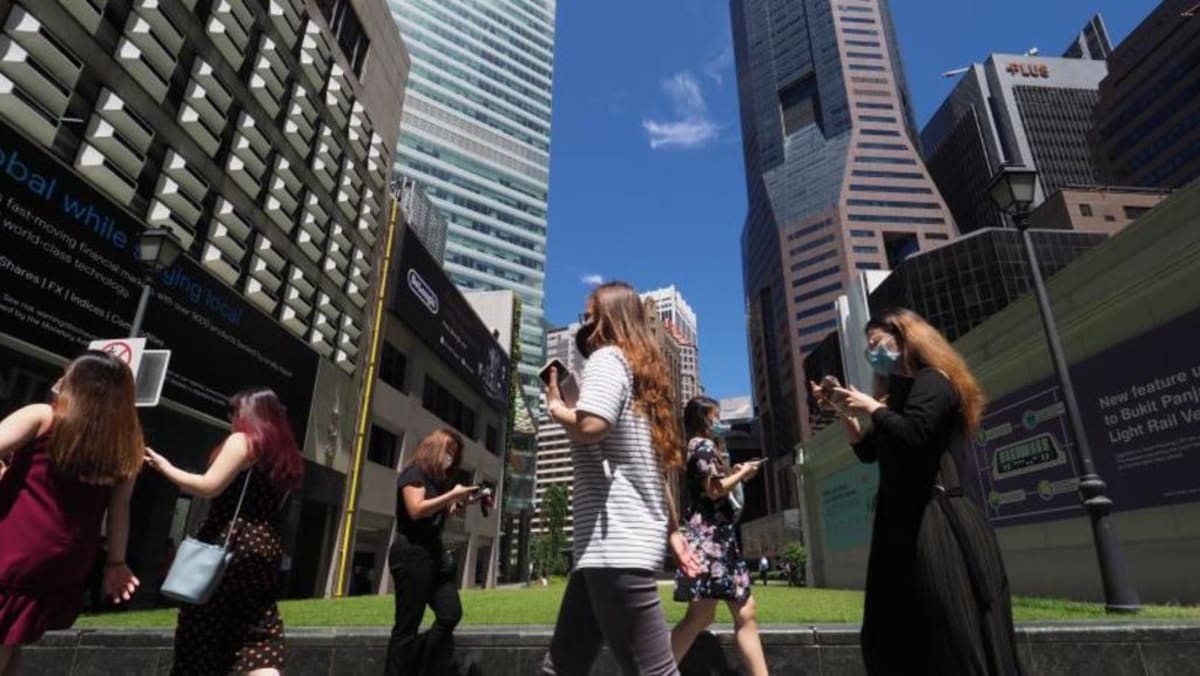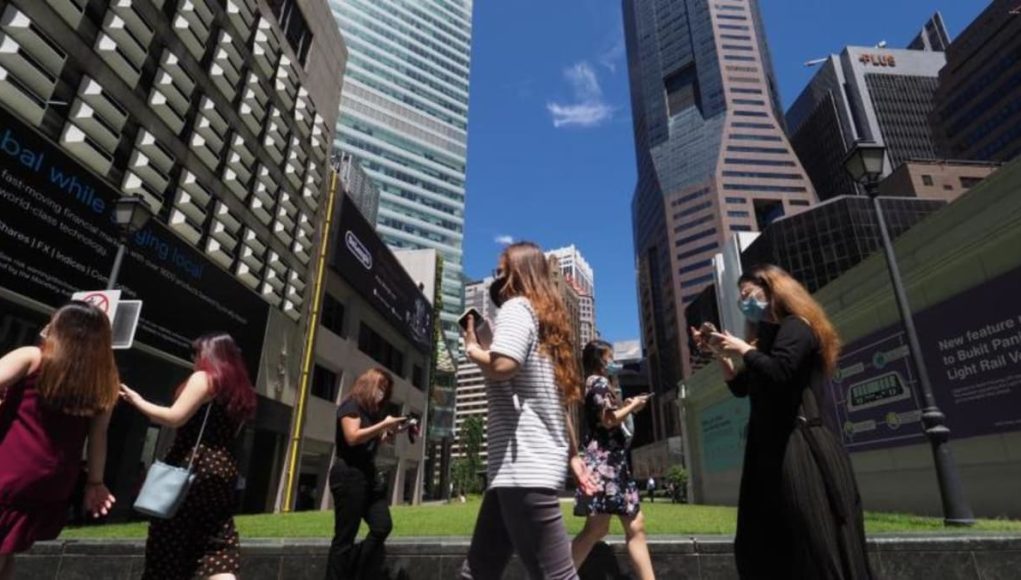(Singapore 5 April 2023) A recent joint research has offered compelling evidence that accessible green space can help mitigate mental illness, the NUS Business School announced today.
The findings, published in the journal “Nature Mental Health”, highlighted the importance of green spaces beyond their recreational and aesthetic purposes.
The paper is co-authored by Associate Professor Lee Kwan Ok (Department of Real Estate) and Assistant Professor Ke Michael Mai (Department of Management and Organisation) of NUS Business School, together with Dr. Souneil Park from Telefonica Research.

“Urban planners know the benefits of green spaces, but unfortunately, these are still not enough,” said Associate Professor Lee.
“It would be best to make them accessible to more people. In future pandemics where travel is restricted, the accessible green spaces will act as a buffer against declined mental health,” he added.
Based on mobility data from 2 million mobile phone users within London between January 2019 and December 2020, Lee and his fellows found that after the COVID-19 outbreak and during lockdowns, residential neighborhoods within 800 m of the nearest green space had a higher proportion of green-space travelers (0.9–1.4 percentage points) compared with other neighborhoods.
Besides, a corresponding study that looked at close to 5,000 people in the United Kingdom also found that those who lived close to green spaces experienced much less mental distress than those who lived farther away.
In an urban city like Singapore where population density is high, it is critical that more green spaces are developed within 10 minutes’ walk from residences or 10-15 square meters of green areas per person, researchers said.
Assistant Professor Mai of NUS Business School said, “The environment can influence people’s psychology. Where integrating green spaces is not feasible, society can look at providing places with a view of greenery or incorporate vertical greenery on pillars.”
Officials say this research is timely as mental illness is increasingly becoming a social issue as the negative effect of COVID-19 still impacts the well-being of populations globally.





































